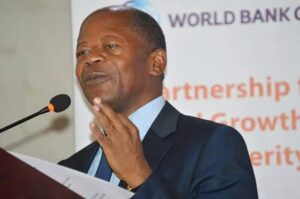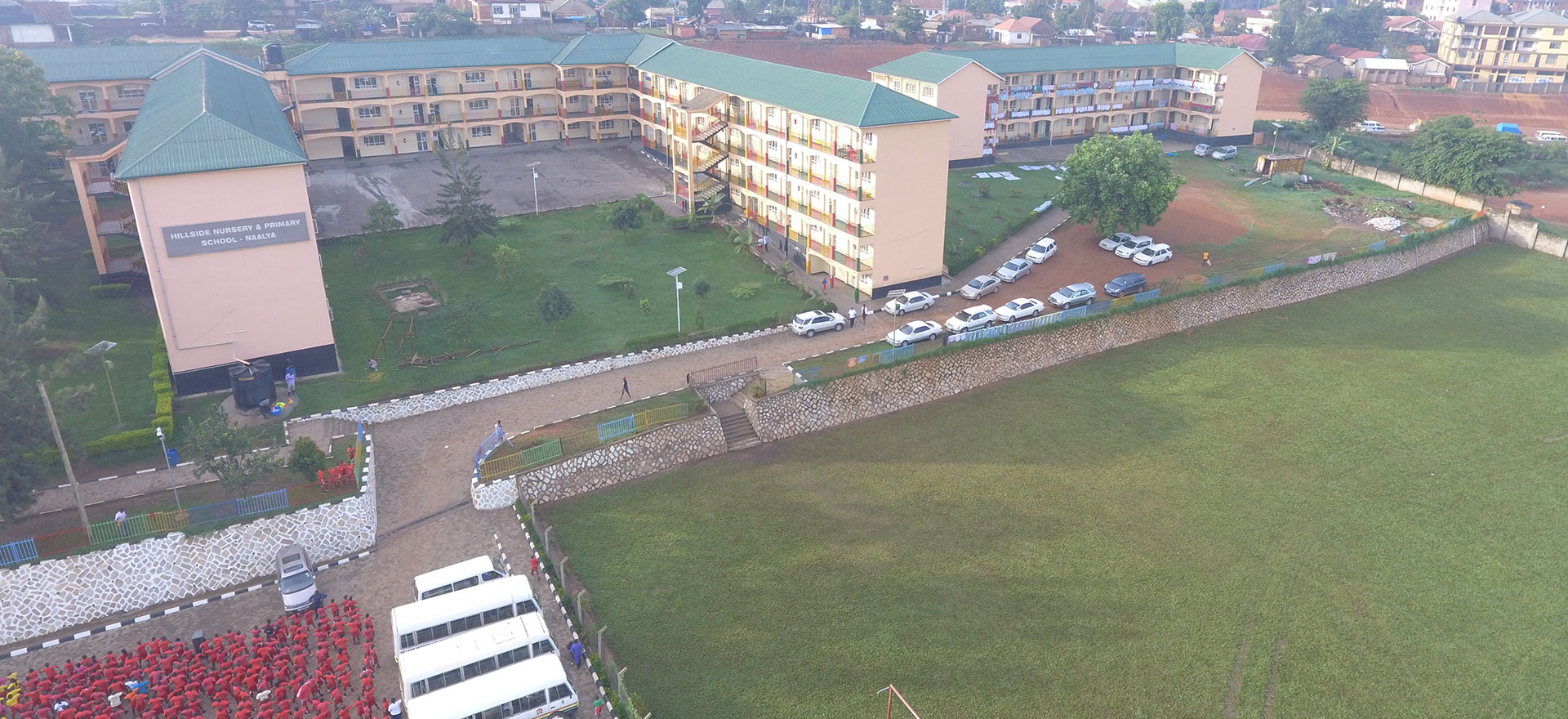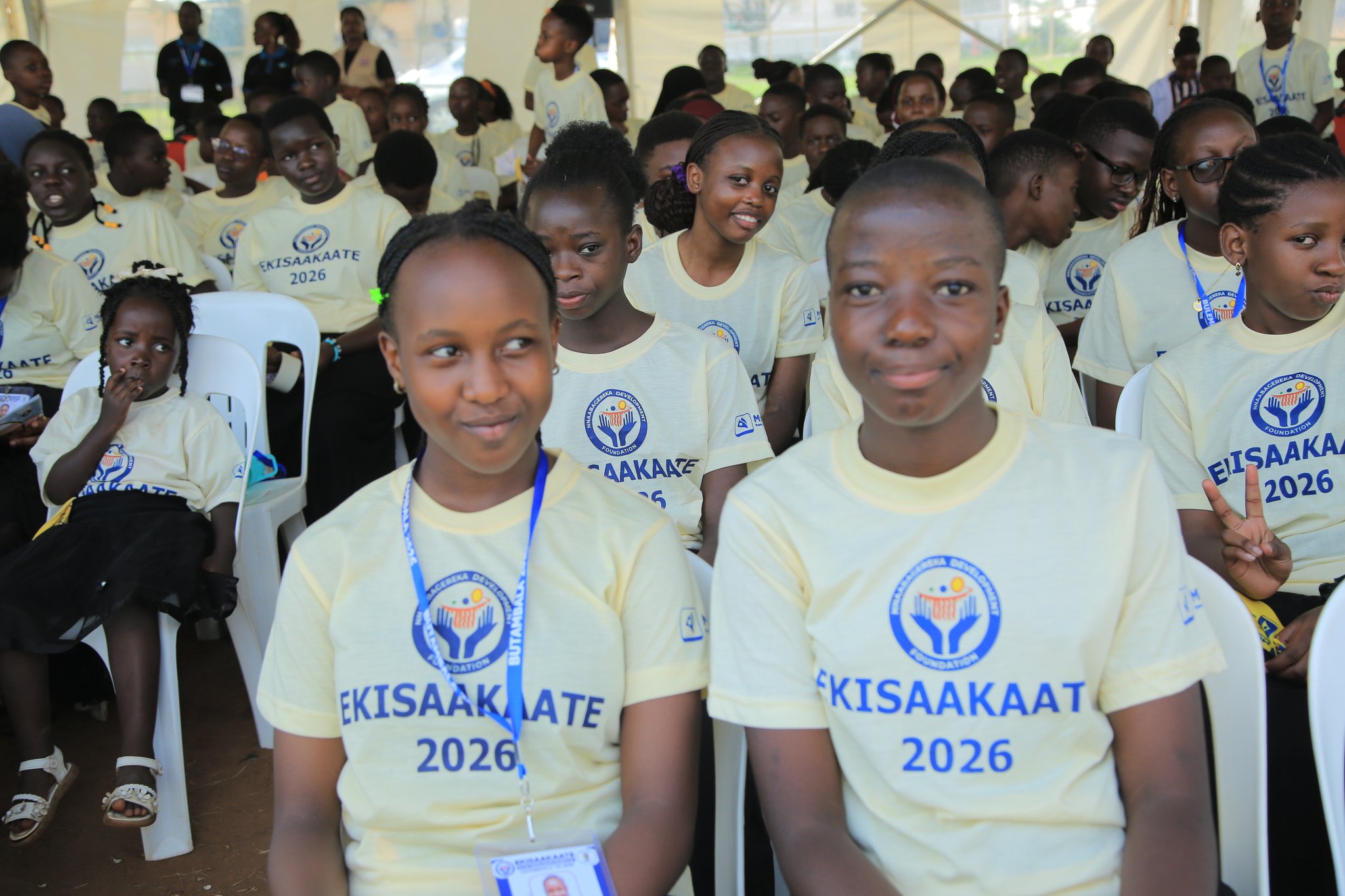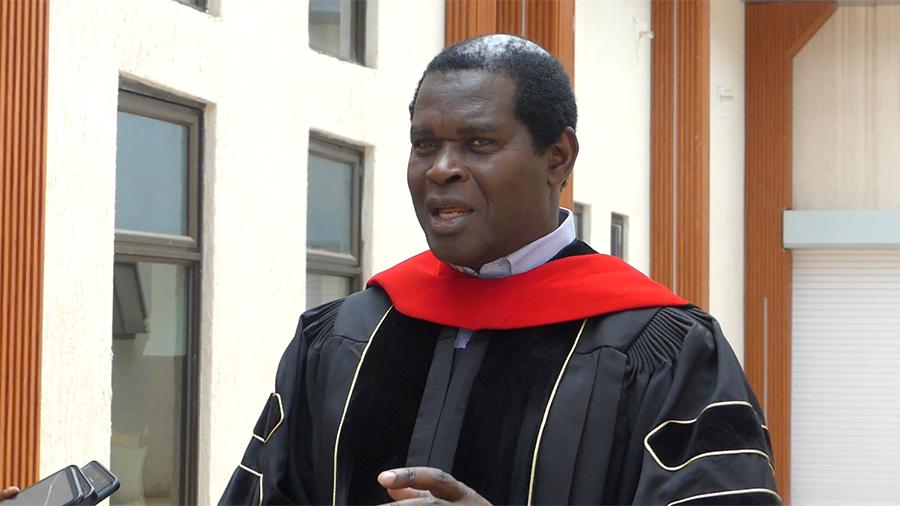First Lady Janet Museveni tends to invoke God whenever she wants to wriggle out of tight situations.
When President Museveni opposed her intention to stand for Parliament in Ruhaama in 2006, she said she was “responding to God’s call to serve her people.” She won.
It is within the same spirit in early 2019, at a meeting at State House Nakasero, that Mrs. Museveni, the minister of Education and Sports, convened a meeting of senior officials in the ministry in her quest to have the new lower secondary school curriculum implemented without fail at the start of 2020.
The curriculum had been carefully designed by the National Development Curriculum Centre (NCDC) under the strict direction of Mrs. Museveni and her hand-picked advisors. Most of the aspects of the curriculum had been agreed upon, but there were still some loose strings that needed tightening.
With the new curriculum, Mrs. Museveni told the gathered officials that she wanted to cure at least three things within the education system:
First, she wanted students to have some practical skills at the end of O-level such that even if they chose to stop there, they could find something meaningful to do. The new curriculum offered that.
Secondly, she wanted to level the education playing field. The curriculum will have a grading system not tagged to aggregate or division. She said under the new curriculum, every student will pass.
The third and most important reason was that Mrs Museveni wanted to curb examination malpractices, which she said were prevalent, especially in private secondary schools. She said many of these schools cheated to create an impression that they were top performers.
She said because of this, many so-called top schools had taken advantage of parents by constantly using their “top performing school tag” to hike fees and levy other suspicious charges. With the new system, she said, it will not matter so much which school a parent chooses to take their child.
To prove her last point, Mrs. Janet Museveni displayed the front pages of previous years of The New Vision and Daily Monitor with headlines like “Top 100 schools in UCE” “Top UCE students,”.
She said this practice must stop because it categorizes students “into brilliant and stupid.”
According to sources, the meeting was attended by ministers: John Chrysostom Muyingo, state minister for Higher Education; Hamson Obua, the then minister of state for Sports; Dr Alex Kakooza, the then permanent secretary in the ministry of Education, directors, commissioners and other senior staff. It was also attended by Dr Grace Baguma, the director of the NCDC, and her top officials.
As Mrs Museveni spoke, the gathered officials listened attentively. Some appeared to be apprehensive. According to our sources, her tone had a tinge of irritation.
“She appeared agitated that some officials were not seeing her point. That some wanted things to continue the way they were,” said one of the sources who attended the meeting. She knew some officials in the meeting were deeply conflicted since they owned schools.
The meeting came weeks after Mrs. Museveni’s proposal to regulate fees in private and government schools had hit a dead end. It had been opposed by many including senior officials in the ministry who had invested in the education sector.
Mrs. Museveni had fought hard to see the she had enlisted members of parliament and some allies in the media but she had still failed.
On the push for the new curriculum, she told the gathered officials, “Only God can stop me.”
The queries
Muyingo, the first to respond to Mrs Museveni’s address made his pitch.

“Maama, I support you on this. It is good. The only challenge we have is that some schools do not have the facilities and equipment that is required in some subjects under the new curriculum…” Muyingo said, stopping mid sentence after the first lady interjected: “We don’t want any excuses to justify the delay in implementing the new curriculum.”
When Mrs Museveni asked whether enough teachers had been retrained and re-skilled for the new curriculum, Dr Baguma, from the NCDC answered in the affirmative.
She dismissed the meeting and they would meet soon to assess the progress. Another meeting was held in September.
At the start of 2020, Covid-19 struck leading to a lengthy lockdown. Sources said some officials in the ministry quietly jubilated, hoping that the new curriculum would not be rolled out.
However, when schools were fully reopened in 2021, Mrs Museveni stuck to her guns. As the curriculum took root, many top schools, used to the old system, struggled to adjust.
Schools were not supposed to grade students using divisions, internally; they were not supposed to rank their students on performance by assigning them positions; they were not supposed to give end-of-term exams; they were not supposed to give students holiday packages; and lastly schools could only dismiss students for gross indiscipline and not academic performance.
It did not take long for some schools to fall afoul of the new system.
In early 2024, Seroma Christian High School in Mukono told some senior four students that they would not register for UNEB at the school, citing “poor grades.”

The school is owned by Lt Col (rtd) Robert Ssekidde, an NRA bush war veteran turned businessman, and is run by his wife, Margaret, a friend to Mrs. Museveni.
When the matter came to the attention of the ministry, Mrs. Museveni was clear. The school was instructed to immediately reverse the decision or else they would cancel their centre number. It did.
The second and most important test for the new curriculum came this week after UNEB released the results for the first cohort.
It is a test that many schools are still figuring out how to respond to.
Under the new competency-based assessment, UNEB has made it clear that there is no ranking of candidates into divisions.
The reporting of the achievement levels has changed from the stanine system of 1 to 9 (Distinctions, Credits, Pass and Fail) used in the previous content-based curriculum to letter grades, A, B, C, D and E.
A candidate will qualify for the UCE certificate if he/she obtains a competency level grade of D in at least one subject.
So, every candidate who obtains a level grade of D has passed, and the ministry said 98% of the candidates who sat for the 2024 UCE exams obtained this grade. There are more than 6,000 schools country-wide which registered a pass rate of 100%.
Many parents, used to division one, aggregate 8 types of categorization for their children, are confused and have taken to social media to express their frustration.
But for Mrs. Museveni, the results and reactions have vindicated her efforts in pushing for the new system. The choice now is in the hand of parents/guardians.
They can choose to take their children to Seeta High School where tuition is Shs 2.2 million per term or Kyebando SS where it is Shs 300,000 per term.
And at the end of the day, their child will pass, because under the new curriculum, students have a 99% chance of passing irrespective of which school they go to.








The system is beautiful.
It makes learners realize meaningful learning.
Please make primary school the same because the war of ranking is mostly in primary and even neglecting slow learners
This is the first cohort of students to graduate from the new curriculum. It’s early days, we should give it time to see how it works.
What I am happy about is the total absence of the madness of the media running about to publish pictures of “star” students.